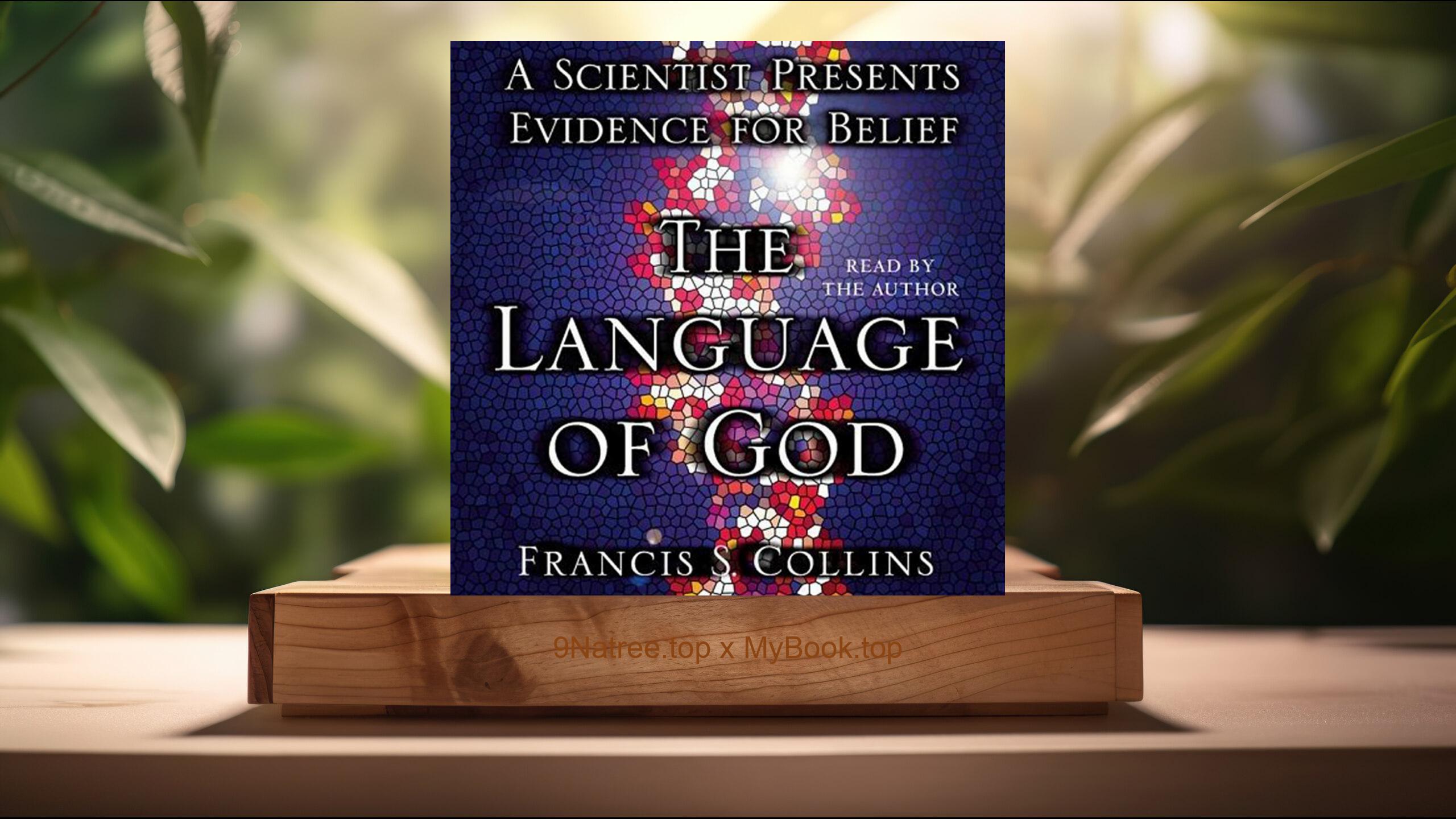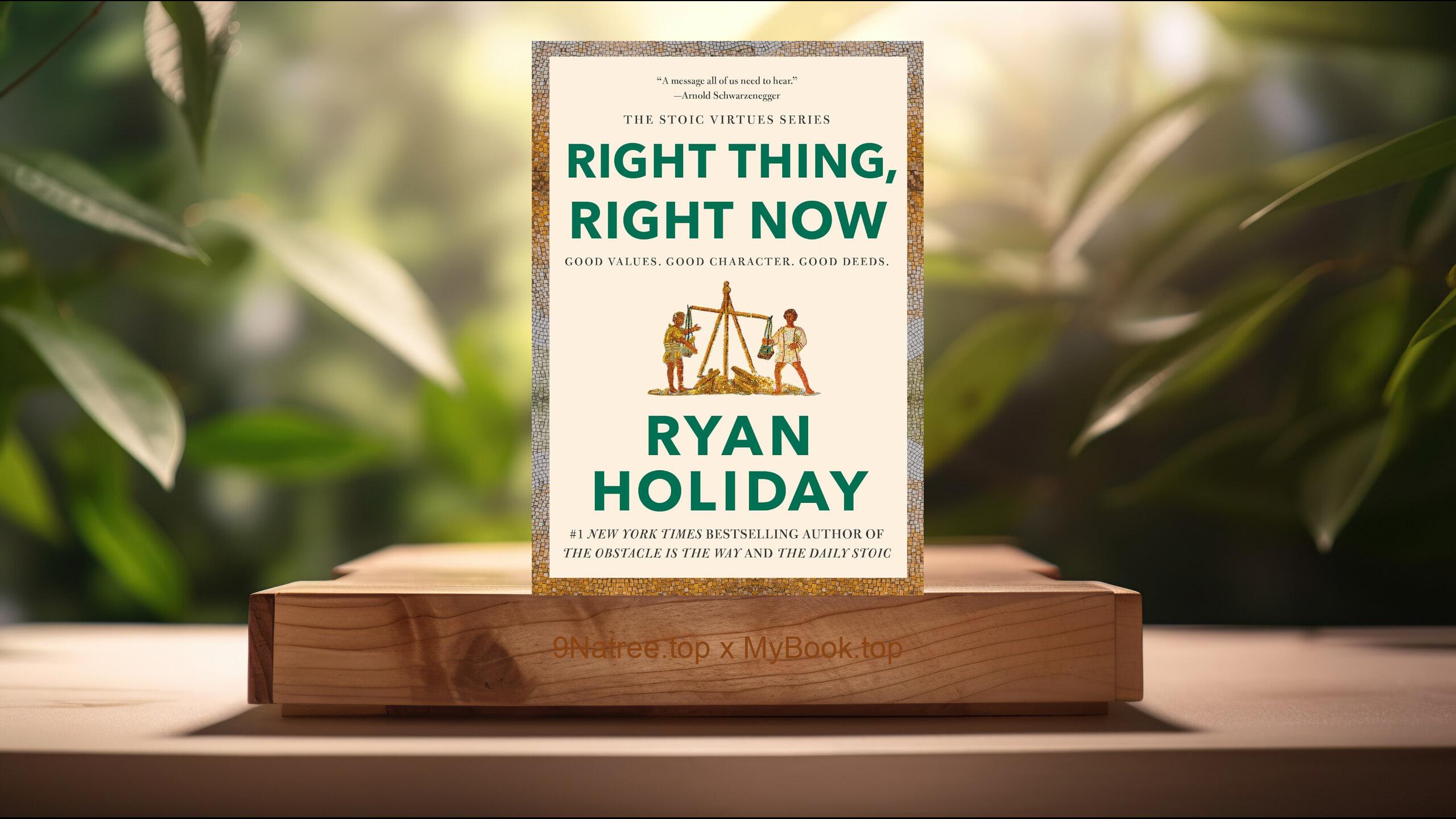Show Notes
- Amazon USA Store: https://www.amazon.com/dp/B00M9KEFY6?tag=9natree-20
- Amazon Worldwide Store: https://global.buys.trade/Waking-Up-A-Guide-to-Spirituality-Without-Religion-Sam-Harris.html
- eBay: https://www.ebay.com/sch/i.html?_nkw=Waking+Up+A+Guide+to+Spirituality+Without+Religion+Sam+Harris+&mkcid=1&mkrid=711-53200-19255-0&siteid=0&campid=5339060787&customid=9natree&toolid=10001&mkevt=1
- Read more: https://mybook.top/read/B00M9KEFY6/
#consciousness #meditation #secularspirituality #neuroscience #mindfulness #ethicalliving #selfawareness #nonreligious #WakingUp
These are takeaways from this book.
Firstly, The Nature of Consciousness, One of the core topics Harris tackles is the elusive nature of consciousness. He argues that understanding consciousness is essential for any discussion about spirituality, as it is closely tied to our sense of self and the universe. Harris weaves together insights from neuroscience, cognitive psychology, and philosophy to describe what consciousness might be and its implications. Through thought experiments and analysis, Harris challenges the classical notion of the 'self,' proposing instead that consciousness is a stream of experiences, without the need for an enduring 'self.' This idea pushes readers to reconsider their own perceptions of identity and existence.
Secondly, Meditation and Mindfulness, Harris, a long-time practitioner of meditation, dedicates substantial portions of 'Waking Up' to explaining the practical and psychological benefits of mindfulness and meditation. He provides a detailed examination of different types of meditation, including Vipassana and Dzogchen, describing how these practices can lead to mental clarity and emotional calm. Harris discusses how meditation enables individuals to observe their thoughts non-judgmentally, thereby gaining insight into the workings of their minds. This practice, according to Harris, is essential for breaking free from the illusions that cause suffering and for experiencing a deeper form of well-being.
Thirdly, Spirituality Without Religion, A pivotal aspect of 'Waking Up' is how Harris distinguishes between spirituality and religion. He describes spirituality as a journey to understand human consciousness and its relationship with the universe, which does not necessarily require a belief in supernatural entities. Harris critically assesses various religious traditions, highlighting how they often cloud spiritual insights with dogma and superstition. Instead, he advocates for a rational approach to spirituality that relies on empirical understanding and personal experience rather than religious faith.
Fourthly, Neuroscience and Self-Transcendence, Harris integrates perspectives from neuroscience to support his views on consciousness and the possibility of self-transcendence without religious mysticism. He discusses research on the neurological underpinnings of meditation and spiritual experiences, explaining how certain brain states are associated with feelings of boundless unity and peace. This scientific inquiry into the brain functions during such experiences offers a tangible foundation for understanding how practices like meditation can lead to profound changes in perception and self-awareness.
Lastly, Ethics and Spirituality, Beyond the personal, Harris explores the broader implications of a secular spirituality on ethics and morality. Without the framework of religious dogma, he contemplates the bases upon which we can build an ethical life. Harris argues that clear-minded awareness cultivated through meditation can enhance our empathy and compassion, leading to ethical decisions rooted in a deeper understanding of the well-being of others. This link between mindfulness, ethical living, and spirituality forms a crucial portion of his thesis, suggesting that true spirituality necessarily involves a commitment to living ethically.
![[Review] Waking Up: A Guide to Spirituality Without Religion (Sam Harris) Summarized](https://episodes.castos.com/660078c6833215-59505987/images/2024785/c1a-085k3-z321gozkt33-mcvvj6.jpg)




